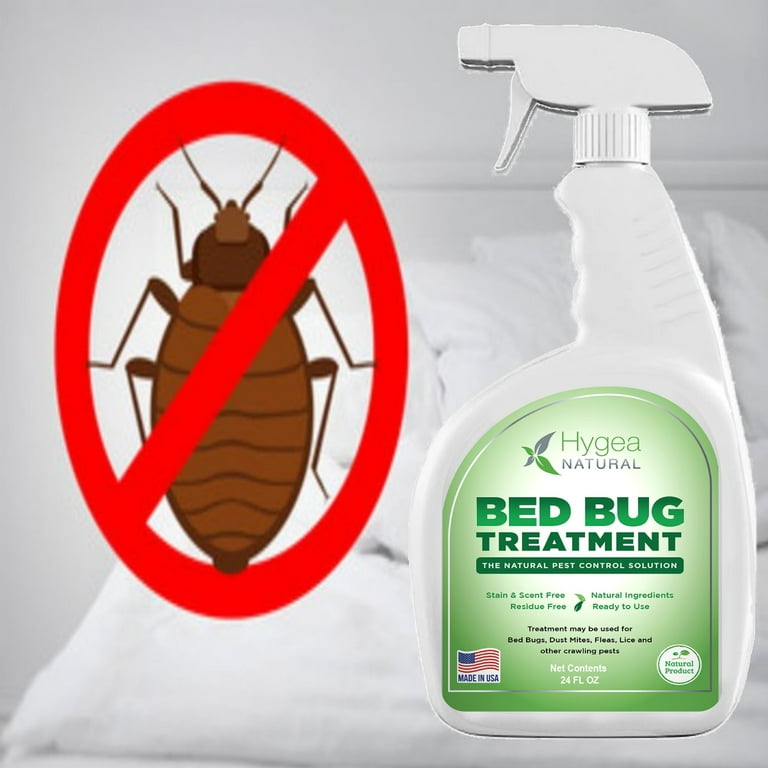Specialist Kings Bug Control Services Cincinnati OH
Wiki Article
Kinds Of Insect Control: Which Approach Is Right for Your Invasion?
When confronted with a bug infestation, the choice of an appropriate technique for pest control is crucial in properly handling the scenario. From chemical treatments to organic solutions, there exists a variety of techniques that can be used to deal with various kinds of insects. Each approach comes with its own collection of benefits and factors to consider, making the decision-making procedure a nuanced one. Understanding the nuances of each technique and evaluating their compatibility with the certain parasite infestation handy is important for attaining long-term success in bug monitoring. By exploring the different kinds of bug control techniques readily available, individuals can make enlightened decisions customized to their unique situations, making certain a more efficient and sustainable result in bug eradication.Chemical Insect Control
Chemical insect control involves using artificial or normally obtained chemicals to manage and eliminate pest populations effectively. This approach is typically utilized in farming, forestry, and residential setups to deal with a variety of insects, including weeds, rodents, and insects. The usage of chemical pesticides can give fast and targeted remedies to pest invasions, making it a popular choice for many people and services.One of the key benefits of chemical bug control is its capability to swiftly remove parasites, minimizing the risk of damage to plants, residential property, and human health and wellness. By utilizing particular chemicals that target particular parasites, this technique can effectively control infestations while minimizing injury to valuable organisms and the setting when applied appropriately.
However, using chemical pest control likewise elevates issues concerning potential negative results on non-target species, water resources, and human wellness. It is essential to adhere to safety guidelines, use chemicals sensibly, and consider alternate parasite control methods to reduce these dangers and ensure sustainable bug monitoring techniques.
Biological Insect Control
Biological parasite control, also understood as biocontrol, makes use of living microorganisms to manage and lower bug populaces normally. By using the bug's all-natural predators or pathogens, biological bug control uses a eco friendly and lasting option to pest management.
Mechanical Insect Control
Making use of hand-operated and physical techniques to handle insect populaces, mechanical bug control uses a different technique that does not count on using living microorganisms or artificial chemicals. This technique entails the use of obstacles, catches, or other gadgets to literally discourage or eliminate insects. By blocking bug access factors or setting up catches to catch them, mechanical parasite control can properly lower invasions without introducing chemicals right into the setting.One common instance of mechanical pest control is making use of mesh screens on doors and home windows to avoid insects from going into buildings. This basic yet reliable approach acts as a physical obstacle, keeping pests out while enabling for proper air flow. Furthermore, tools like mousetraps, fly swatters, and ultrasonic repellents drop under the mechanical parasite control category.
While mechanical insect control approaches can be labor-intensive and require regular surveillance and maintenance, they supply a sustainable and environmentally friendly service for managing pest problems. By incorporating different mechanical techniques, homeowner can produce an my site extensive bug control technique that minimizes reliance on chemical pesticides.
Physical Pest Control

Some typical physical parasite control methods include using obstacles such as displays or nets to stop parasite access, traps to catch and eliminate bugs, and hand-picking to literally get rid of bugs from plants or frameworks. In addition, strategies like warmth therapies can be made use of to control insects like bed bugs by increasing the temperature to degrees that are deadly to the pests.
Physical parasite control is specifically useful in integrated insect administration (IPM) methods, where several bug control techniques are incorporated for reliable pest management while minimizing using chemicals. By using physical insect control techniques, individuals can successfully resolve parasite problems with marginal ecological influence.
Integrated Bug Management
visit this website When implementing physical insect control techniques as part of bug monitoring approaches, Integrated Parasite Monitoring (IPM) becomes an extensive method that leverages different methods to efficiently control pest populaces. IPM concentrates on long-lasting prevention of pests via a mix of organic, social, physical, and chemical tools customized to specific pest concerns. By integrating numerous control tactics, IPM aims to lessen the dangers associated with parasites while likewise reducing dependence on chemical services.One trick element of IPM is the focus on tracking and assessing pest populaces to determine one of the most appropriate control approaches. This positive approach permits early intervention and targeted approaches, causing more effective parasite administration. Additionally, IPM promotes eco friendly methods by focusing on non-chemical control techniques and just using pesticides as a last hope.
Conclusion

By making use of the bug's natural killers or microorganisms, organic bug control offers a sustainable and environmentally pleasant option to pest management. - Kings best pest control cincinnati
Using hand-operated and physical approaches to manage parasite populations, mechanical parasite control uses an alternate approach that does not rely on the usage of living microorganisms or artificial chemicals.An efficient technique to handling bug populaces without counting on chemical or biological techniques includes the use of physical parasite control methods.When applying physical pest control approaches as component of insect management methods, Integrated Parasite Management (IPM) arises as an extensive technique that leverages numerous strategies to effectively control pest populations. Chemical bug control entails the usage of chemicals, organic pest control utilizes natural predators, mechanical bug control entails physical obstacles, physical parasite control consists of trapping or removing bugs, and incorporated parasite management combines several approaches for a holistic technique to pest control.
Report this wiki page